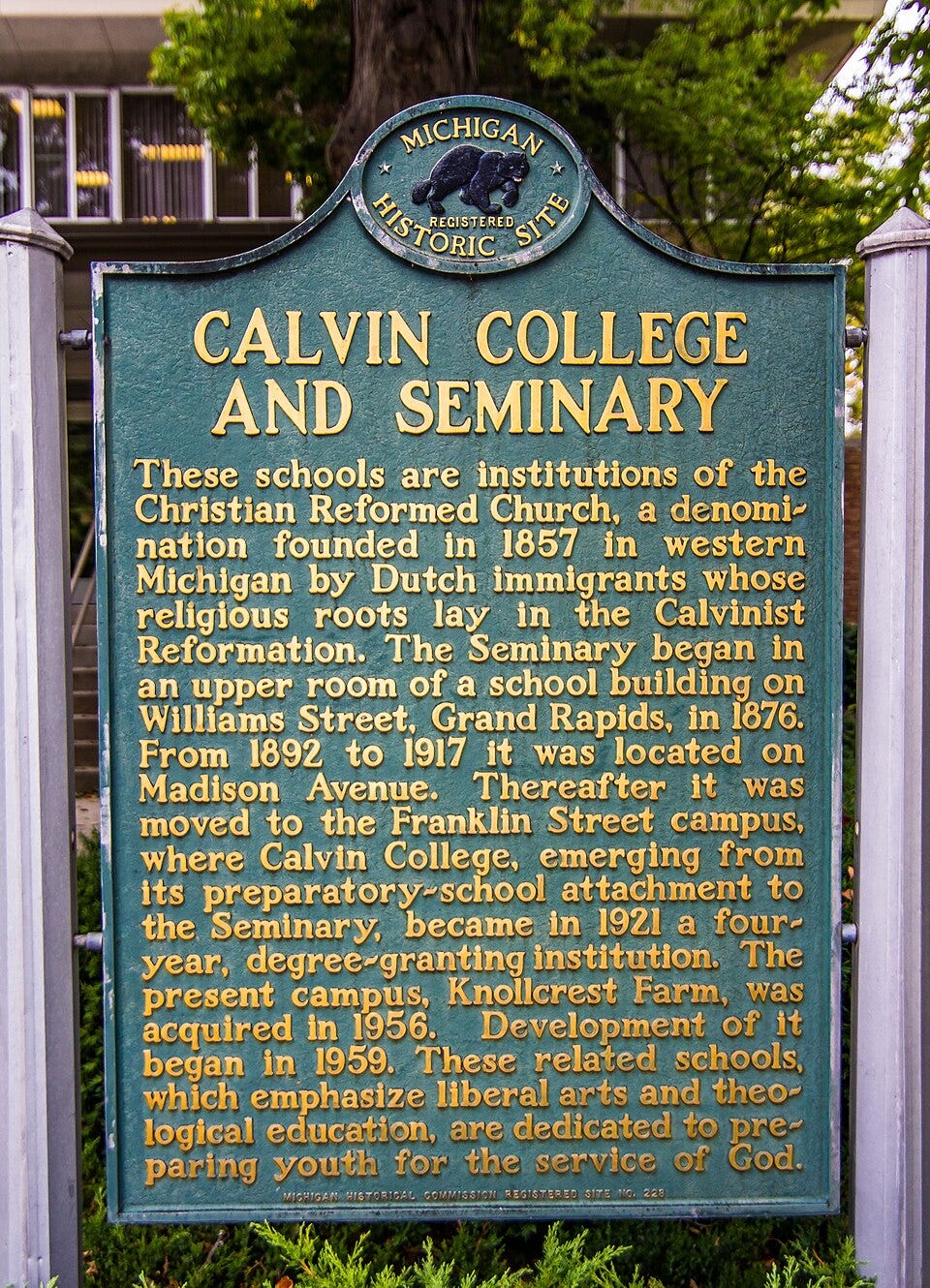In 1963-1964 sociologist David Moberg and some of his students at Bethel College conducted a survey of freshmen at Twin Cities colleges, asking them about the acceptability of a range of behaviors. Overwhelmingly, the Bethel respondents showed themselves to be committed to what Bethel president Carl Lundquist called “the distinctive Christian life” of “rigorous self-discipline relative to social practices prevalent in our day,” with large majorities saying that everything from wearing short shorts (67%) and kissing on a first date (85%) was at least “usually wrong.” Even more were opposed to divorce; just 3% could condone it.
The vast majority of those students belonged to Bethel’s denomination, the Baptist General Conference, which at that point in time sought “to uphold the scriptural ideal of the permanence of the marriage union by not electing or employing as public representatives of its boards any persons who have been divorced.” So I’m not sure which would be more unthinkable to the people of Bethel sixty years ago: the idea that their school would ever detach from its denomination, or that those arguing for such a separation would intentionally liken it to a “divorce.”
Yet so argued philosopher Jamie Smith earlier this month in the student newspaper of another denominational university. “Divorces happen all the time, including institutional divorces,” concluded Smith, after suggesting that Calvin University end or amend its relationship with the Christian Reformed Church.1 “While I would hope for an amicable separation, some fights are worth having.”
Smith’s op-ed was the latest salvo in an ongoing fight over the CRC’s traditional view of marriage and human sexuality, which the denomination voted in 2022 to treat as a confessional standard that also applied to faculty at Calvin. “How strange,” wrote Smith, “that we’re becoming a university where a celebrated Reformed philosopher like [Nicholas] Wolterstorff, who affirms same-sex marriage, couldn’t be on the Calvin faculty.”
But his concerns ran deeper than that one disputed topic, leading him to question the wisdom of continuing the relationship between Calvin and the CRC, at least in its current form:
Here’s the question that the [Calvin] BOT [board of trustees] and administration need to ask: Is this denomination a partner that will nourish, strengthen, and expand the ambitious, adventurous, audacious mission we know as “the Calvin project?” All evidence suggests exactly the contrary….
Why would a university with aspirations to global leadership bind itself to a shrinking church body that provides infinitesimal financial support and fewer and fewer incoming students? I see only downside in this “partnership.” What is gained by this relationship? I’d honestly love to hear an answer to that question.
I’ll admit that I’ve asked myself similar questions about Bethel’s relationship with its denomination. Not because of the BGC (now doing business as Converge) stance on sexuality and marriage, which I support as a responsible and thoughtful interpretation of Scripture, but because it’s unclear that the practical benefits of a denomination/university partnership as close as ours still make worthwhile the opportunity costs of the arrangement. I don’t know if Converge is “a shrinking church body,” but it’s certainly providing far less financial support and many fewer students (even seminarians) to Bethel than it did in previous decades.2 Meanwhile, continuing to require all employees to agree with or support the articles in one denomination’s particular affirmation of faith undeniably makes it harder for Bethel to hire the best possible Christian faculty, staff, administration, and leadership with which to fulfill its own distinctive mission.
It’s for our trustees and leaders to answer questions like Smith’s, not any faculty member. I just hope that they ask them, regularly and in good faith. Even if the ensuing discussion doesn’t change the status quo, it would place the decades-long partnership on a foundation stronger than unquestioned custom or unexamined inertia. And if the benefits no longer outweigh the costs, then decision makers at both institutions should consider that there are changes to the relationship less drastic than total separation; even Smith allowed that a “divorce” between the CRC and Calvin “could make a new friendship possible.”
But to the extent that denominational universities should entertain any meaningful change to their traditional church partnerships, I’d suggest that they think in terms of three metaphors other than husband and wife. None is perfect, but each may help us to see the relationship with greater clarity and nuance — without inspiring the rancor that inevitably resulted from Smith’s “divorces happen” comment.
Keep reading with a 7-day free trial
Subscribe to The Pietist Schoolman to keep reading this post and get 7 days of free access to the full post archives.





